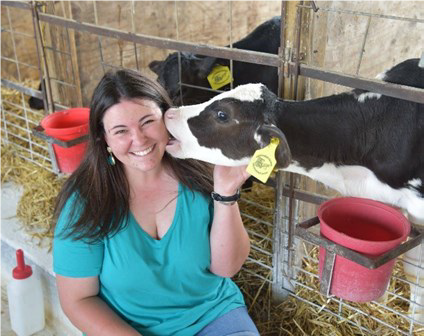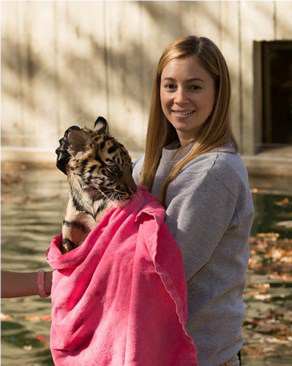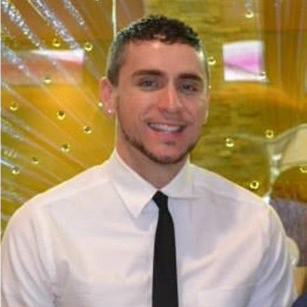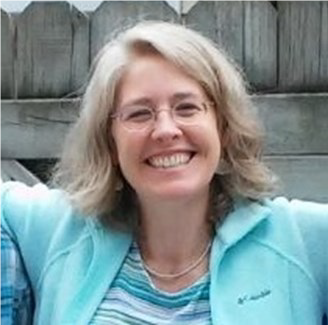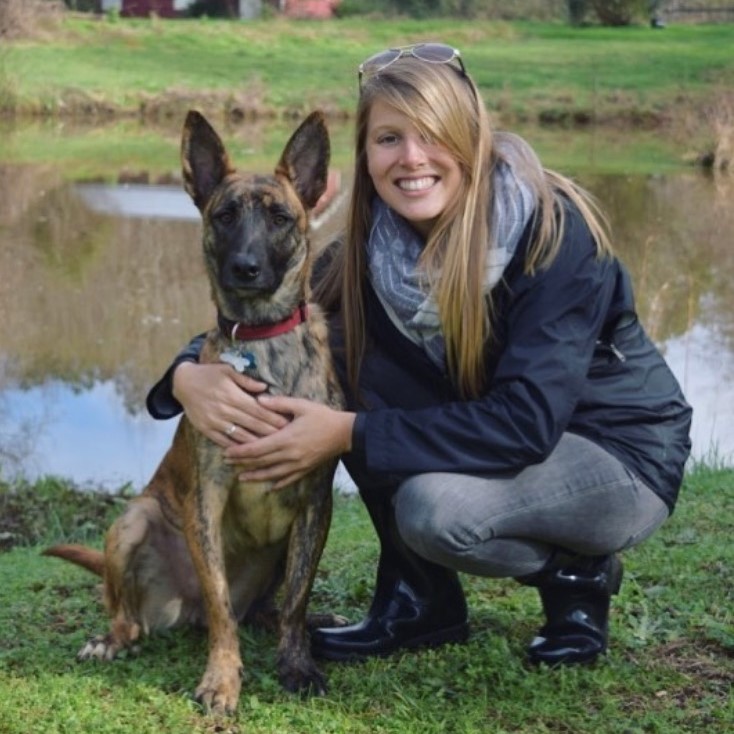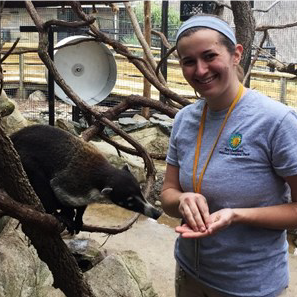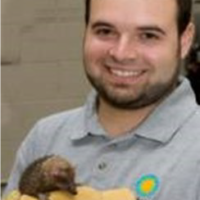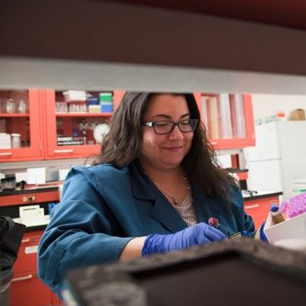Following graduation from Cornell University’s College of Veterinary Medicine, Dr. Jessica Siegal-Willott completed two internships – one in small animal medicine at Oradell Animal Hospital, and one in zoo, wildlife, and exotic animal medicine at Kansas State University. She then completed the University of Florida’s Zoological Medicine Residency. Dr. Jess became boarded by the American College of Zoological Medicine in 2007. Jess is currently employed as the supervisory veterinarian at Smithsonian Institution’s National Zoological Park in Washington, DC.
Dr. Jessica Siegal-Willott





